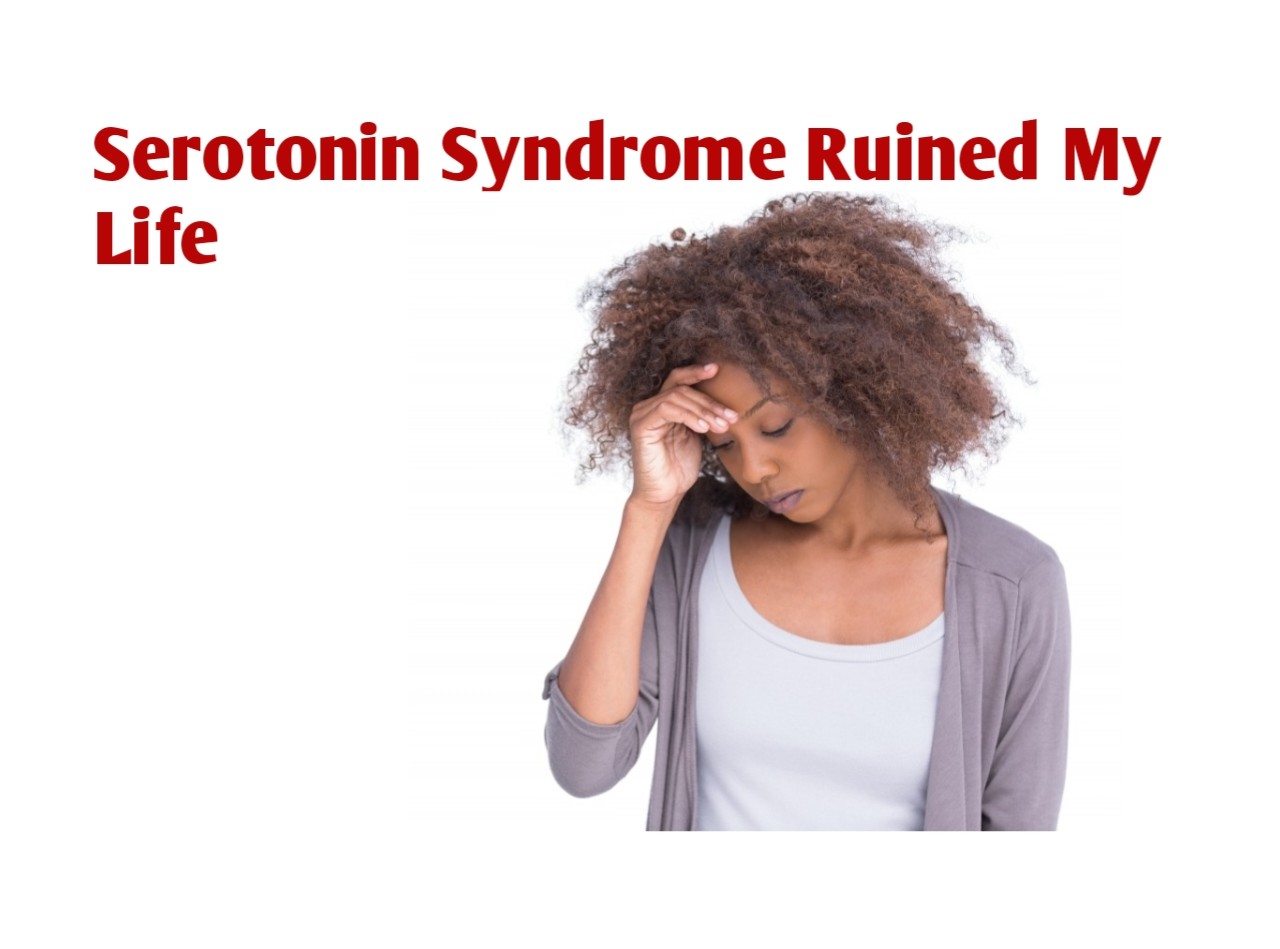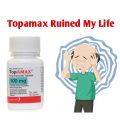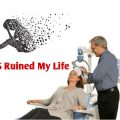 What is serotonin syndrome?
What is serotonin syndrome?
Serotonin syndrome refers to a potentially life-threatening drug reaction that results from having too much serotonin in your body. Serotonin is a neurotransmitter, a chemical produced by nerve cells in your brain and other areas of your body. Healthcare providers first recognized serotonin syndrome in the 1960s, after the approval of the first antidepressant medications. Today, more serotonin-affecting medications are available. This has led to a growing number of cases of serotonin syndrome.
The majority of people can safely take serotonin-affecting (serotonergic) medication when it’s prescribed at the appropriate dosage and under the guidance of their healthcare provider. Serotonin syndrome happens most often when you either take a new drug or take an increased dose of a drug that increases the level of serotonin in your body. If your body processes serotonin differently or it can’t process an increased amount of serotonin, serotonin syndrome symptoms can happen.
This condition causes mild symptoms (like diarrhea or nausea) to severe symptoms (like high fever or seizures). In some cases, severe serotonin syndrome can be fatal if not recognized and treated quickly.
In this article, we shall be looking at how serotonin syndrome symptoms ruined the lives of some patients and how they recovered from the condition. But before we share these stories let us take a look at the symptoms of Serotonin syndrome.
Serotonin syndrome symptoms develop quickly after taking the precipitating medicine—60% of cases occur within six hours. Most patients have symptoms within 24 hours.
Symptoms can vary from mild to life-threatening and may include:
- Agitation
- Anxiety
- Dilated pupils
- Disorientation or confusion
- Fever
- Flushed skin
- Hyperactive reflexes
- Hyperthermia (overheating)
- Increased heart rate, high blood pressure
- Loss of muscle coordination
- Mood changes/changes in mental status
- Muscle stiffness, muscle rigidity, or muscle jerks, especially in the legs
- Nausea, vomiting, diarrhea
- Restlessness
- Sweating or shivering
- Tremor
More severe serotonin syndrome symptoms include high fever, seizures, irregular heartbeat, and unconsciousness.
How Serotonin syndrome ruined my life
Serotonin syndrome ruined my life in many ways says the mother of a girl who died of the condition recently. According to a story in the New York Times, The death of Libby Zion, an 18-year-old college student, in a New York hospital on March 5, 1984, led to a highly publicized court battle and created a cause célèbre over the lack of supervision of inexperienced and overworked young doctors. But only much later did experts zero in on the preventable disorder that apparently led to Ms. Zion’s death: a form of drug poisoning called serotonin syndrome.
Ms. Zion, who went to the hospital with a fever of 103.5, had been taking a prescribed antidepressant, phenelzine (Nardil). The combination of phenelzine and the narcotic painkiller meperidine (Demerol) given to her at the hospital could raise the level of circulating serotonin to dangerous levels. When she became agitated, a symptom of serotonin toxicity, and tried to pull out her intravenous tubes, she was restrained, and the resulting muscular tension is believed to have sent her fever soaring to lethal heights.
An Australian community member disturbed about her own experience shared her story on the forum as follows “Hi everyone, I was interested to hear people’s experiences with the serotonin syndrome. It is potentially fatal. It takes different forms and can differ in the degree of severity. Sometimes it has psychotic features, other times it doesn’t. This is apparently rare. But I think it is more accurate to say that it is rarely diagnosed.
For me, I’ve had two episodes of serotonin syndrome in three months. For me, it had psychotic features (e.g. auditory hallucinations). It is incredibly disempowering to have this occur. When you know you are experiencing serotonin syndrome, especially when there are psychotic features. This is because your claims are discounted by nurses and psychiatrists, at least by those that don’t know you well, as claims of a psychotic person lacking insight. Even for me, a person with a Ph.D. in economics, with access to peer-reviewed journal articles pay-walled to most other people, I struggled to be taken seriously by those who didn’t really know me.
I finally had to take things into my own hands to improve my situation. I can only imagine how daunting and frustrating this would be for others. I’m not alone in my experience. I know of at least one person in the US that has written about this, although not a medical doctor herself, she is medically trained in neuroscience as a researcher. She identified this in her mother. However, as was my experience too, her claims were not believed. Unfortunately for her, her mother passed away as a result.
My recent experiences and my heightened risk of further experiences mean that this is something I’m very passionate about making sure others don’t also have to suffer through. My psychiatrist apologized, still, it would have been good to avoid this entirely.
I’m keen to hear others’ experiences, as I said I think this is actually quite common. People have become more informed over time in terms of formal education, access to the Internet, and access to peer-reviewed research. They may very well know that they have experienced serotonin syndrome, although it was left not diagnosed.
I really think that there needs to be a risk assessment tool developed for people to better identify cases of serotonin syndrome and ultimately improve outcomes. I still have some lingering and possibly permanent damage from my experiences. An instrument that is quick to implement like the K10 or the DASS21 would be good to see developed and used.
Which medications can cause serotonin syndrome?
The following medications increase serotonin levels and can be involved in cases of serotonin syndrome. Serotonin syndrome is even more likely to occur if you take a combination of two or more of these drugs.
Cough suppressants: Any cough/cold medication that contains dextromethorphan, such as Robitussin-DM, promethazine DM, Delsym, Mucinex-DM
Herbal supplements: Ginseng, St. John’s Wort
Illicit drugs: Ecstasy, LSD, cocaine
Migraine medications: Triptans such as Amerge (naratriptan), Imitrex (sumatriptan), Relpax (eletriptan), Zomig (zolmitriptan), Axert (almotriptan)
Opioid painkillers: such as Percocet, oxycodone, OxyContin, Ultram (tramadol), Demerol (meperidine), fentanyl, Vicodin
Other antidepressants: Tricyclic antidepressant medications (amitriptyline, nortriptyline), bupropion, trazodone, MAOIs (monoamine oxidase inhibitors)
Other prescription drugs: Metoclopramide, ondansetron, linezolid
SNRI antidepressants: SNRIs (serotonin-norepinephrine reuptake inhibitors) include Cymbalta (duloxetine), Effexor (venlafaxine), and Pristiq (desvenlafaxine).
SSRI antidepressants: SSRIs (selective serotonin reuptake inhibitors) are the most common drugs involved in serotonin syndrome. They include Prozac (fluoxetine), Paxil (paroxetine), Zoloft (sertraline), Celexa (citalopram), Lexapro (escitalopram), Luvox (fluvoxamine), and Trintellix.
How To Prevent Serotonin Syndrome
Taking more than one serotonin-related medication or increasing your dose of a serotonin-related medication increases your risk of serotonin syndrome. Know what medications you take and share a complete list of your medications with your doctor or pharmacist.
Be sure to talk to your doctor if you or a family member has experienced symptoms after taking a medication.
Also talk to your doctor about possible risks. Don’t stop taking any medications on your own. If your doctor prescribes a new medication, make sure he or she knows about all the other medications you’re taking, especially if you receive prescriptions from more than one doctor.
If you and your doctor decide the benefits of combining certain serotonin-level-affecting drugs outweigh the risks, be alert to the possibility of serotonin syndrome.




